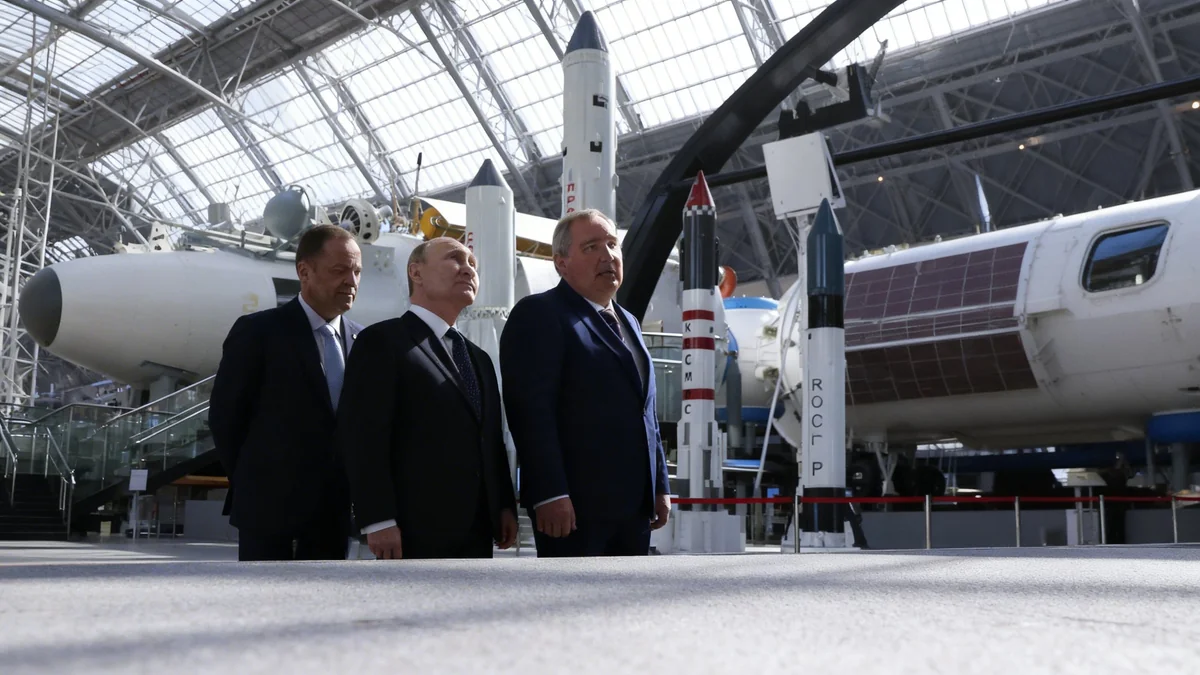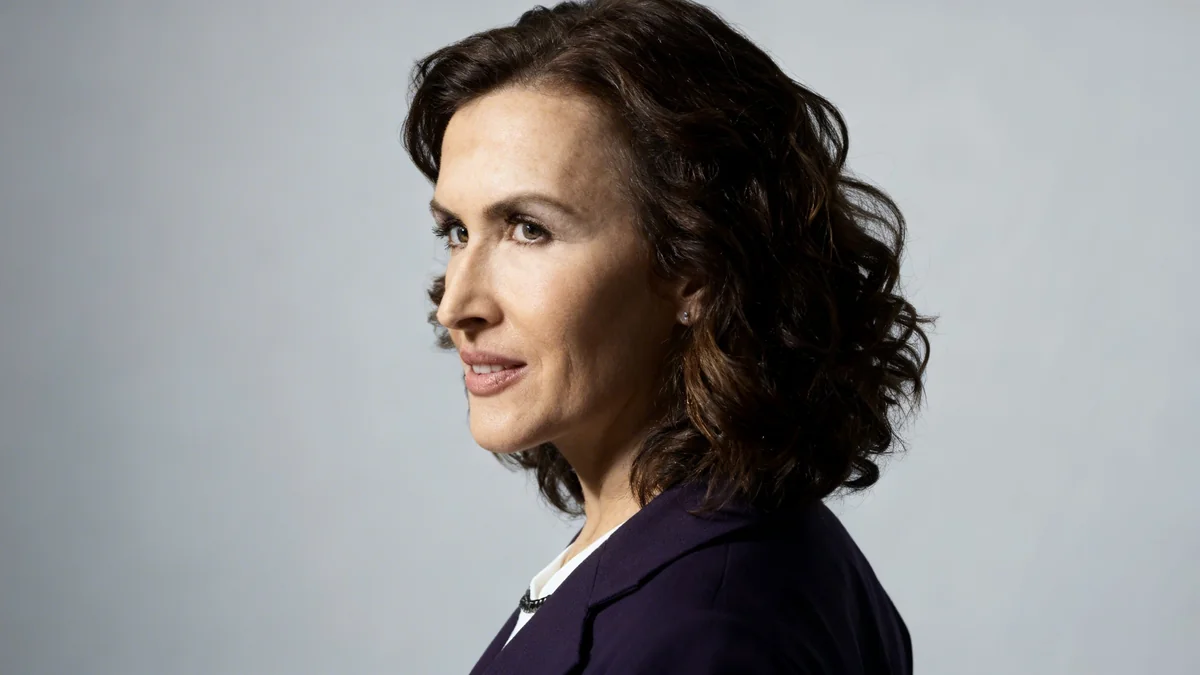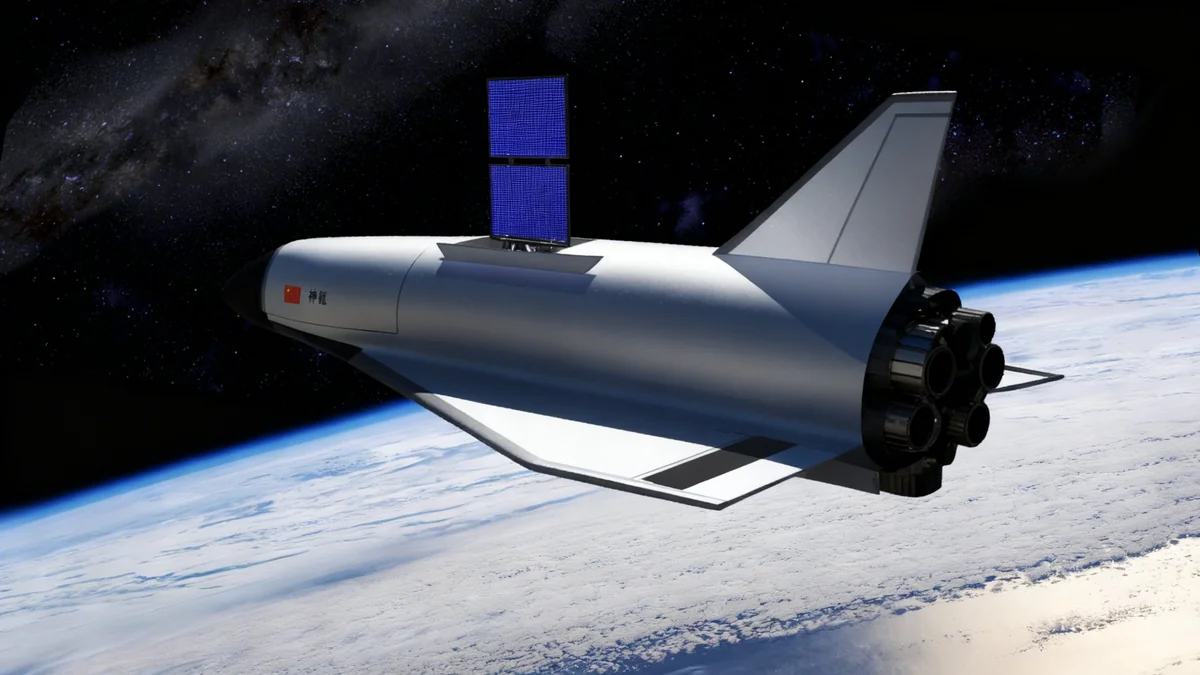Germany has announced a significant €35 billion investment in its space defense capabilities by 2030, a move its defense minister says is necessary to counter growing threats from Russia and China. The major spending commitment comes as leading economists warn the country's economic growth plan will fail without significant structural reforms to address deep-seated issues.
Key Takeaways
- Germany will invest €35 billion ($41 billion) in space defense by 2030 to protect its satellite infrastructure from potential attacks by Russia and China.
- Leading economic institutes have cautioned that the government's investment package will provide only a temporary lift without reforms to address bureaucracy and skills shortages.
- Political tensions are evident in a dispute with France over a joint fighter jet project and a halt in arms export approvals to Israel.
- A new poll shows the far-right AfD party has surged to 38% in the eastern state of Mecklenburg-Western Pomerania, more than double the support for the governing SPD.
Germany Commits to Major Space Defense Investment
German Defense Minister Boris Pistorius has outlined a plan to spend €35 billion on outer space defense over the next six years. The announcement, made at an event in Berlin, highlighted the increasing importance of satellite technology for national security and the economy.
Pistorius stated the investment aims to create a robust system that includes advanced satellites, secure ground stations, and independent launch capabilities. "We are strengthening our systems against disruptions and attacks," he said, specifically mentioning the need for improved "cybersecurity for all space systems."
Why is Space Defense a Priority?
Modern societies are heavily dependent on satellites for communication, navigation, financial transactions, and military operations. An attack on these networks could have a paralyzing effect on a country's infrastructure and ability to function. Germany's investment reflects a growing global recognition of space as a critical domain for national defense.
The defense minister directly attributed the need for this investment to the actions of Russia and China. "Russia and China have in recent years rapidly expanded their capabilities for conducting warfare in space," Pistorius explained. He noted that these countries have developed technologies that can disrupt, manipulate, or physically destroy satellites.
"They can disrupt, jam, manipulate or even physically destroy satellites... Anyone who attacks them can paralyze entire states." - Boris Pistorius, German Defense Minister
As evidence of current threats, Pistorius mentioned that two IntelSat satellites used by the German military are being actively monitored by Russian reconnaissance satellites. He also described China's highly agile satellite maneuvers as being comparable to aerial combat exercises in orbit. According to industry groups, Germany has fallen behind other nations in space technology, making this investment a critical step to close the gap.
Economists Urge Structural Reforms for German Economy
While the government is planning major defense spending, Germany's leading economic institutes have issued a stark warning about the country's economic health. In their joint autumn report, they stated that the government's current investment plans will only deliver short-term gains unless accompanied by deep structural changes.
The institutes forecast modest economic growth of just 0.2% for 2025. Geraldine Dany-Knedlik of the German Institute for Economic Research (DIW Berlin) commented that this projection is "barely more than stagnating." She warned that persistent issues are holding the economy back.
Key Economic Challenges
- High Costs: Businesses face significant operational expenses.
- Skills Shortages: A lack of qualified workers is hampering productivity.
- Heavy Bureaucracy: Complicated regulations slow down business and investment.
- Diminishing Competitiveness: Germany is losing its edge in key global markets.
The report highlighted that these underlying problems are being masked by government spending. Stefan Kooths of the Kiel Institute for the World Economy used a strong analogy, comparing the German economy to a drug addict receiving a temporary fix from the government's spending promises.
The economists also pointed to external risks, particularly the potential for escalating trade disputes. They noted that aggressive U.S. tariff policies are creating uncertainty and could negatively impact global growth, which would have significant consequences for Germany's export-oriented economy.
Domestic and Foreign Policy Tensions Surface
Germany is also navigating several complex political issues, both at home and abroad. These range from internal party politics and coalition disputes to strained relations with key international partners.
AfD Surges in Eastern State Poll
Domestically, the political landscape is shifting. A recent poll in the northeastern state of Mecklenburg-Western Pomerania shows the far-right Alternative for Germany (AfD) party at 38% support. This figure is more than double the 19% for the center-left Social Democratic Party (SPD), which currently leads the state government.
The result presents a major challenge, as all other major parties have ruled out forming a coalition with the AfD. Chancellor Friedrich Merz has been meeting with leaders in Germany's eastern states in an effort to counter the party's growing influence, which is fueled by economic dissatisfaction and a sense among some that they have been left behind since reunification.
Dispute Over Future Combat Air System
On the European stage, tensions have emerged over the Future Combat Air System (FCAS), a next-generation fighter jet project developed with France and Spain. The project, estimated to cost €100 billion, has been stalled by disagreements between Germany's Airbus and France's Dassault Aviation over leadership and production shares.
Markus Söder, the state premier of Bavaria, recently stated that Airbus would be prepared to build the jet without French involvement if an agreement cannot be reached. His comments followed similar remarks from the CEO of Dassault, who said his company could also proceed alone, highlighting the deep divisions threatening the collaborative defense initiative.
Halt on Arms Exports to Israel
Germany has also adjusted its foreign policy regarding Israel. The government has not approved any new weapons exports to the country since Chancellor Merz imposed restrictions on August 8. According to the Economy Ministry, no approvals were granted in the five weeks following the decision. The government stated that it reviews each case individually, considering foreign and security policy, but reaffirmed its commitment to Israel's protection.
NATO Logistics Drill Underway in Hamburg
In a demonstration of military readiness, a three-day NATO exercise named "Red Storm Bravo" has commenced in the city of Hamburg. The drill is designed to test the coordination between military and civilian agencies in a crisis scenario.
Approximately 500 soldiers are participating alongside police, firefighters, and private companies. The exercise simulates the rapid movement of troops and equipment through Hamburg's port and onward to NATO's eastern flank in response to a hypothetical conflict.
"In a NATO contingency on the alliance's eastern flank, Germany becomes the central European hub for moving troops and equipment," said Captain Kurt Leonards of the Bundeswehr's Hamburg command. The drill involves nighttime operations, including a simulated mass-casualty event and the movement of a military convoy through the city, designed to test logistics and response capabilities with minimal disruption to the public.





